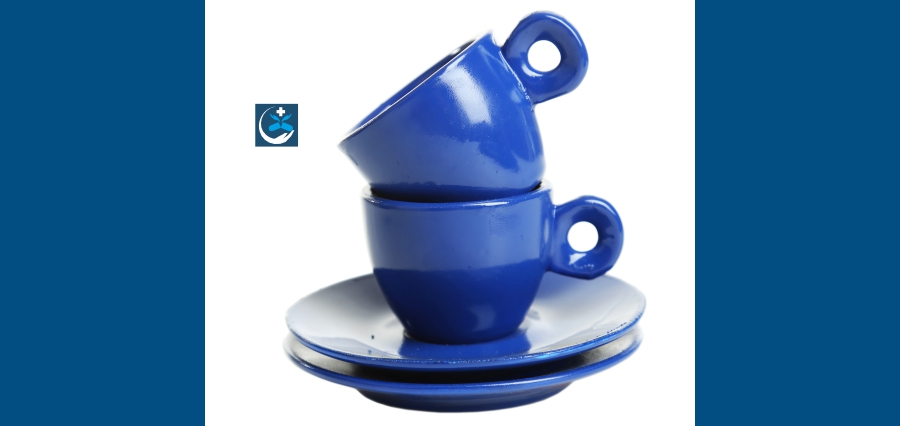One thing is to stop malaria infection from progressing to disease; another is to stop mosquitoes from transmitting the disease to humans in the first place. Now, researchers have found a bacteria strain that might be able to accomplish that.
Delftia tsuruhatensis Tres Cantos 1, or TC1 for short, is a naturally occurring bacteria that has been shown by researchers from GSK and Johns Hopkins University to reduce the incidence of malaria in mosquitoes. The discovery may eventually add a new tool to GSK’s armoury against malaria, which currently only consists of the only malaria vaccine that is widely used in the world, Mosquirix, and its antimalarial tafenoquine, also known by the brand name Krintafel.
“TC1 has the potential to further reduce the huge burden of malaria in endemic countries and is more evidence that through deploying a range of preventative approaches, we may be able to finally eradicate this terrible disease,” GSK Chief Global Health Officer Thomas Breuer, M.D., said in a press release.
An observation at GSK’s research and development facility in Tres Cantos, Spain, led to the discovery. Researchers discovered that one of their mosquito colonies was progressively becoming less susceptible to Plasmodium falciparum infection, the form of the parasite that causes the majority of malaria-related fatalities. The scientists carried out a proof-of-principle investigation after observing that their surroundings were abundant in TC1, which revealed that the bacteria were blocking the parasite’s growth for at least 16 days after colonising the mosquito’s gut.
The researchers contaminated blood with TC1 and P. falciparum, then gave it to mosquitoes to see precisely how the bacterium was preventing the parasite from spreading. 22 hours later, when they dissected them, they found few P. falciparum ookinetes, or embryos. The team came to the conclusion that this indicated that the bacteria had started to suppress the parasite very early on.
In a different series of tests, the researchers caught mosquitoes from residences close to the MosquitoSphere and released them in the vicinity of the soggy cotton balls. Then, they gave them blood from nearby patients who had P. falciparum infections. An estimated 74% of mosquitoes were effective in suppressing the parasite.
| Read More: Click Here |







